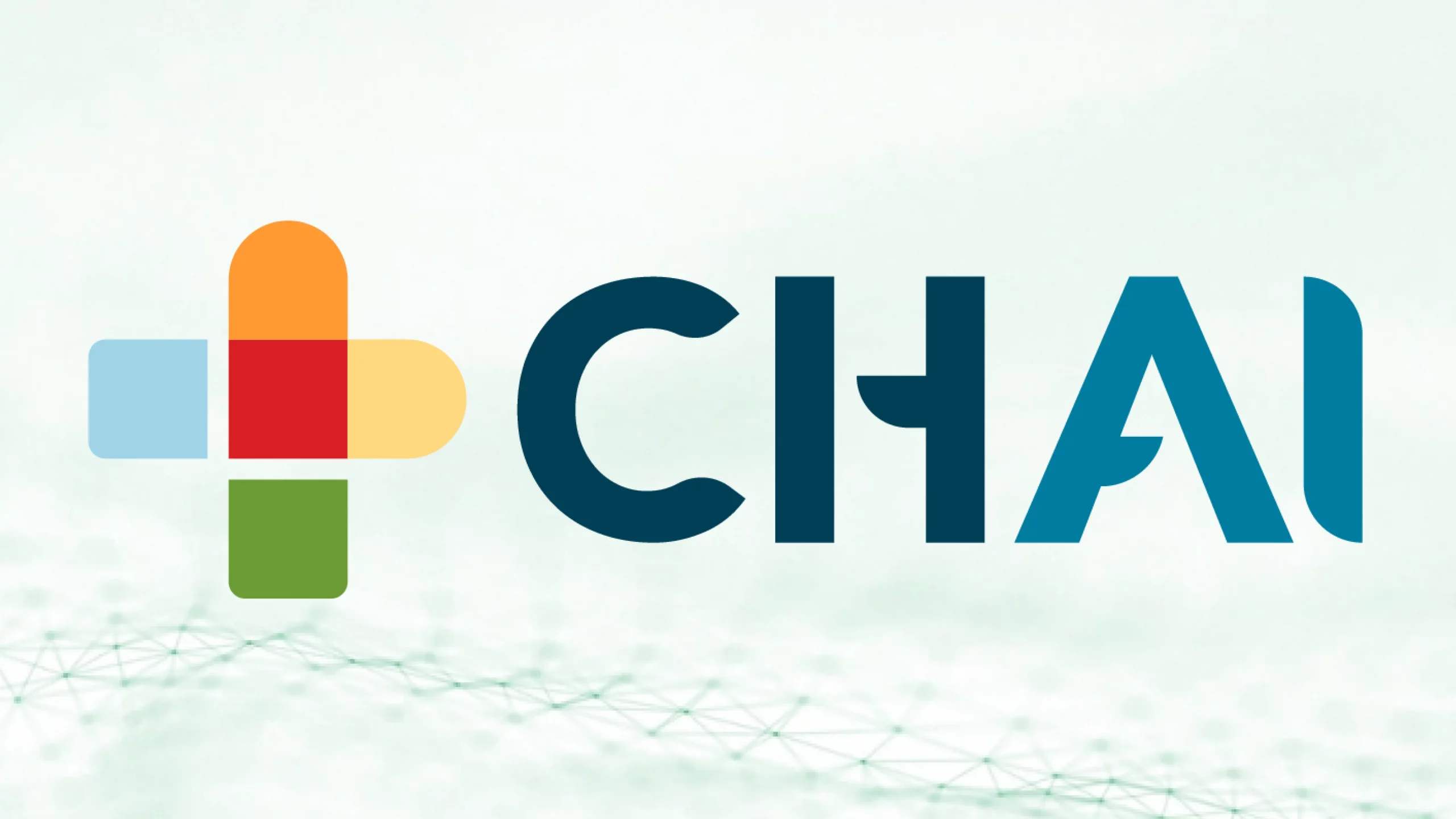White House, HHS Officials Clash with Coalition for Health AI Over Oversight Role

October 8, 2025 — Washington, D.C.
A public dispute over who should shape the future of healthcare AI governance has erupted between federal health officials and the Coalition for Health AI (CHAI), one of the field’s most influential industry groups.
In a series of statements this week, senior White House and Health and Human Services (HHS) leaders accused CHAI of overstepping its role and positioning itself as a de facto regulator — an allegation the organization strongly denies.
The controversy began after HHS Secretary Robert F. Kennedy Jr. posted on X (formerly Twitter) in support of an op-ed by Deputy HHS Secretary Jim O’Neill and FDA Commissioner Marty Makary, which argued that federal policy should prioritize AI innovation over self-appointed private oversight.
“We must not let the Coalition for Health AI (CHAI) build a regulatory cartel,” Secretary Kennedy wrote, echoing growing concern that industry coalitions could shape compliance standards without federal accountability.
The remarks follow a Politico report revealing that HHS has formally distanced itself from CHAI’s private-sector vetting initiative — a reversal from the previous administration’s approach. Mr. O’Neill told the publication that the department “does not support the coalition,” emphasizing that CHAI “holds no regulatory authority” and warning that it could “pressure startups to join in order to compete.”
“They don’t speak for us,” O’Neill said. “We want to make clear that this organization is not a regulator or a pseudo-regulator.”
CHAI Responds: “We Have No Regulatory Role”
Founded in 2022 and led by Brian Anderson, MD, CHAI now counts more than 3,000 members, including leading technology firms such as Microsoft and health systems like Mayo Clinic and Duke Health. The coalition operates two “assurance labs” and has partnered with The Joint Commission to develop AI guidance and safety frameworks.
In a letter to members this week, Dr. Anderson addressed the public criticism directly, clarifying CHAI’s intent and function.
“We develop frameworks and best practices that reflect the consensus of our members to scale meaningful AI adoption and ensure better outcomes,” he wrote. “This collective knowledge helps inform — not replace — those responsible for ensuring AI’s effectiveness, safety, and impact. CHAI has no regulatory mission or role.”
Dr. Anderson also said he plans to meet with O’Neill’s office to “better understand any concerns” and explore collaboration on “shared goals to accelerate AI innovation responsibly.”
A Collision of Philosophies on AI Oversight
The tension underscores a larger debate unfolding across Washington and the health technology sector: Who should set the guardrails for AI in healthcare — government regulators or the industry itself?
Federal officials, including the FDA and HHS, have taken a more cautious approach in recent months, issuing new requests for information (RFI) and reviewing how algorithmic performance should be evaluated in clinical settings. Meanwhile, CHAI and other industry-led groups argue that federal oversight alone cannot keep pace with the speed of AI innovation.
CHAI’s current strategy aligns with several recent policy signals, including the AI Action Plan, the Executive Order on Removing Barriers to American Leadership in AI, and Senator Ted Cruz’s SANDBOX Act, which proposes easing restrictions on AI testing and deployment.
FDA Commissioner Makary, however, has expressed concern that too much private coordination could create closed ecosystems of influence. The agency is seeking broader public input on how safety and transparency standards should evolve as AI systems become embedded in diagnostics, imaging, and clinical decision support.
What Comes Next
Industry analysts say the exchange highlights the difficulty of building trust in an era where AI is advancing faster than regulation. For startups and health systems, the immediate challenge is balancing innovation with compliance — and determining which standards will ultimately define “safe and effective” AI in medicine.
Whether CHAI remains a trusted collaborator or becomes a flashpoint in the regulatory debate could shape the trajectory of U.S. healthcare AI policy for years to come.






